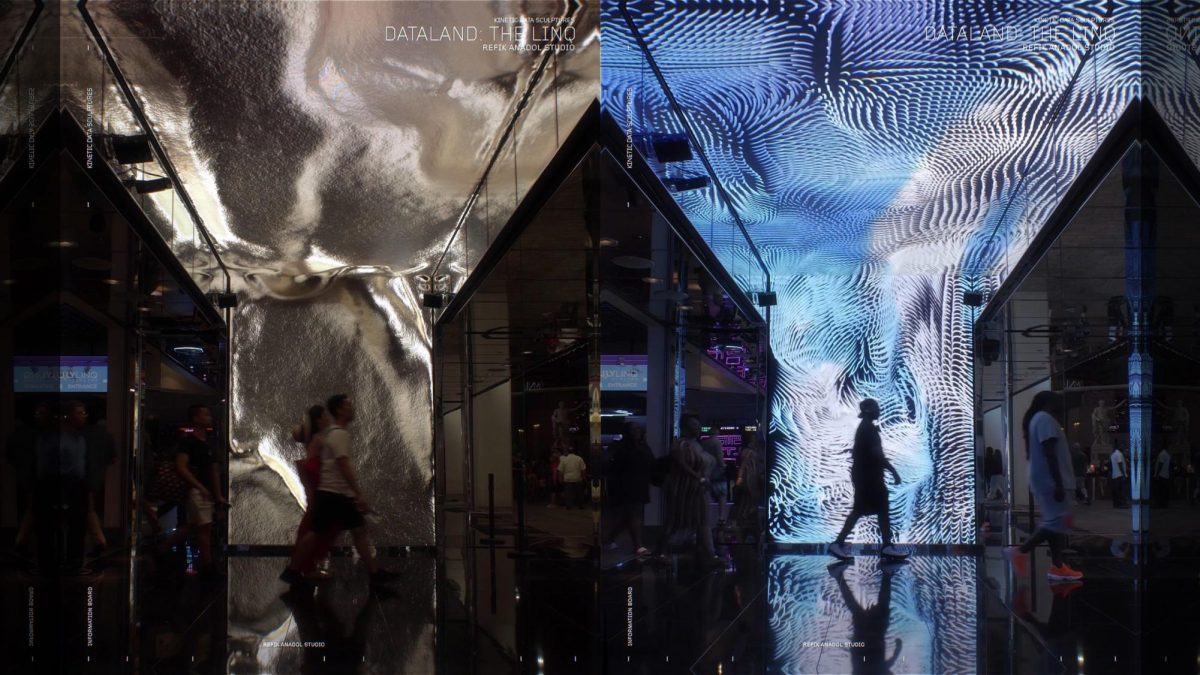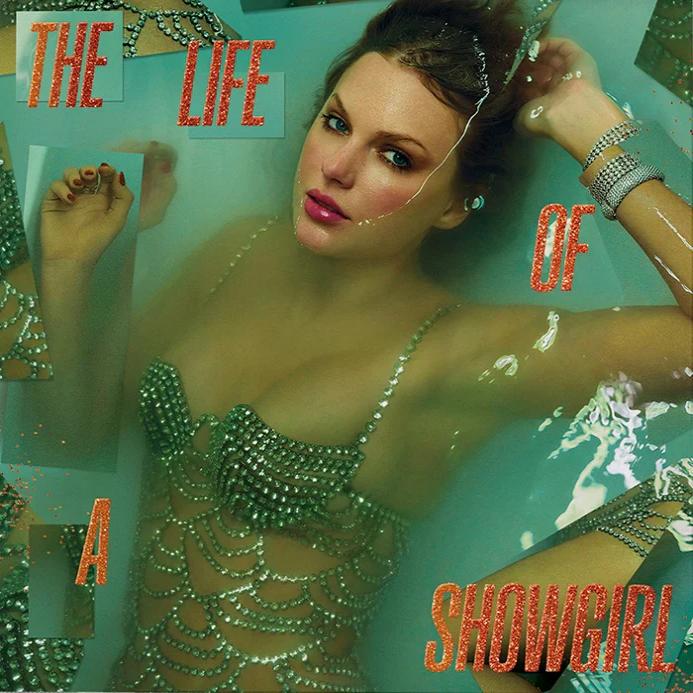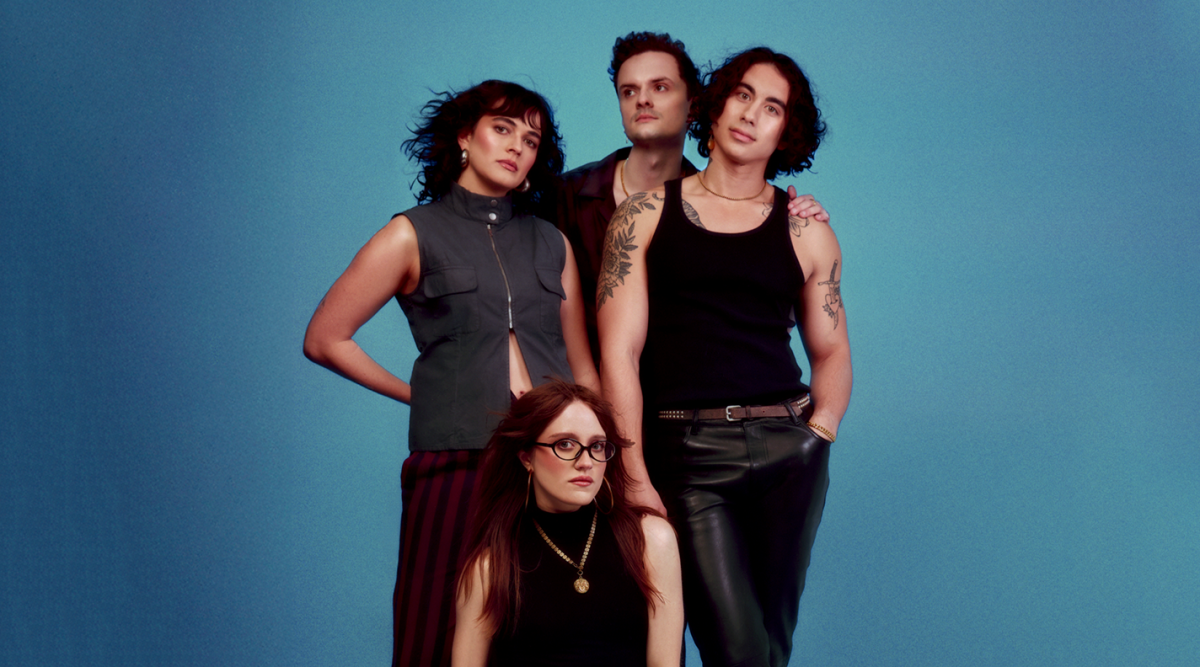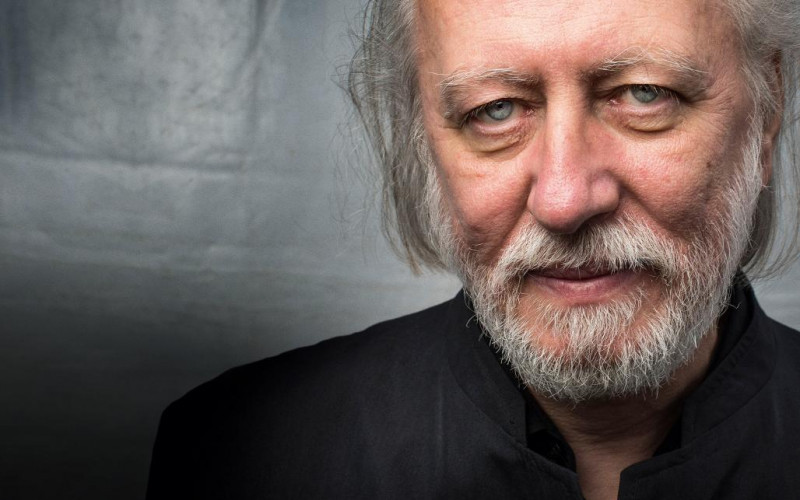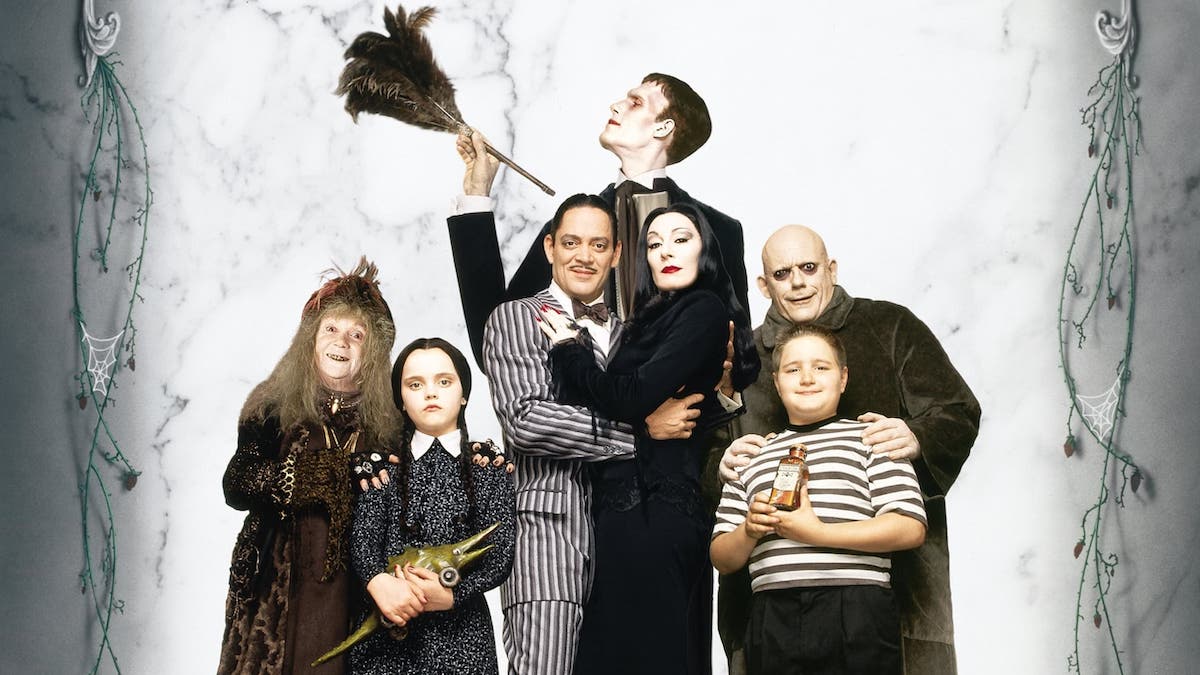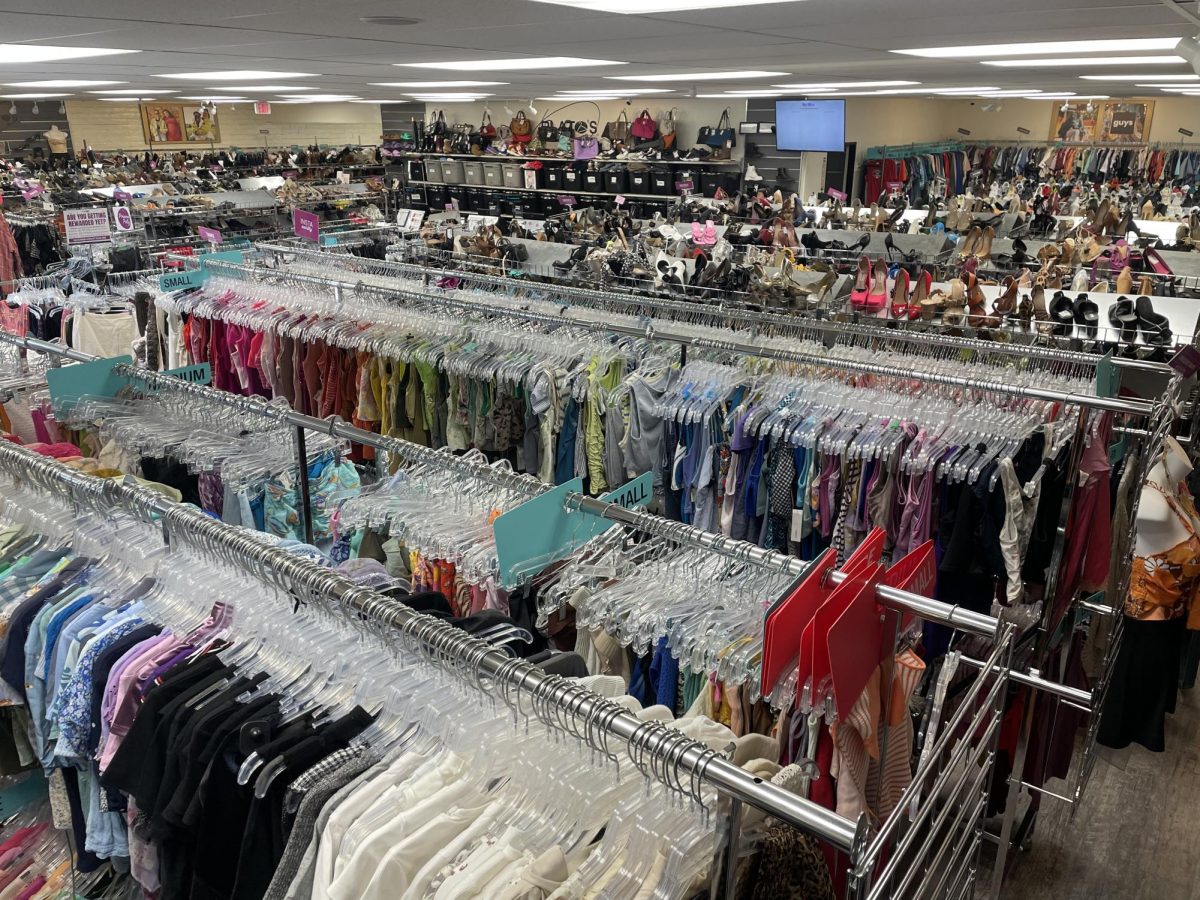Dataland, an AI-generated museum in Los Angeles co-founded by Turkish media artist Refik Anadol, is expected to open in late 2025.
The 39-year-old is a pioneer in generative art — artwork created through the use of computer programming, algorithms or other types of autonomous systems. Anadol blends various systems, including artificial intelligence. One of his most notable works, “Machine Hallucinations: The Sphere at The Sphere”, sitting east of the Venetian Resort in Vegas, fascinates outdoor audiences with its waves of light, transforming in shape and color.
While many of his works continue to stun the masses, others critique AI’s belonging in art galleries.
AI is being discussed at the dinner table as much as it is in the media, and it is undoubtedly here to stay. The ongoing controversy is a valid concern as the world questions which jobs will be eradicated, what careers will remain, what education will look like, the threat that it poses to critical thinking and the spike in loneliness along with depressive tendencies. Contrastingly, AI provides some major time efficiency benefits, enabling individuals to complete tasks quicker than ever before.
No matter what side of the argument is taken, it is a priority of research organizations.
“…63% of men say AI’s impact on the U.S. over the next two decades will be very or somewhat positive, compared with 36% of women,” and “Six-in-ten experts at colleges or universities have little to no confidence in U.S. companies to responsibly develop and use AI, versus 39% of those at private companies or businesses who say this,” Washington D.C.’s Pew Research Center reported.
World leaders have brought the topic to the forefront of politics in recent years as the United States, Russia and China battle for dominance — reminiscent of the Space Race between the U.S. and the Soviet Union in the 1950s and 60s.
“Artificial intelligence is the future, not only for Russia but for all humankind. It comes with colossal opportunities, but also threats that are difficult to predict. Whoever becomes the leader in this sphere will become the ruler of the world.” Russian President Vladimir Putin spoke to a class full of students on the first day of school regarding the topic in 2017.
Thus far, Dataland is projected to be a landmark catching the eye of opponents. It will be the first art museum in the world filled with artificial intelligence pieces. Despite that achievement, it remains questionable as an ethical medium of expressiveness. California, particularly Silicon Valley, is the epicenter of technology in the U.S. It also contains an array of musical artists, actors, reporters and authors. So it is not necessarily surprising that there has been quite a bit of pushback regarding its opening.
Art of all mediums continues to be the ultimate form of expression and individuality. So what happens when that industry is threatened? Many assumed in AI’s beginning stages of development that it could help execute tedious tasks quickly, allowing time for other meaningful activities.
But art is one of those meaningful activities. Art is what is left behind after changes in civilization as a method of discourse, expressing the dangers that oppressed them, changes in leadership that have affected them and what relationships make the world a better place. It is a reflection of the human experience, created by humans.
By allowing this exhibit to open, does the U.S. rule the world? Or are we eliminating the meaningfulness of humanity?



